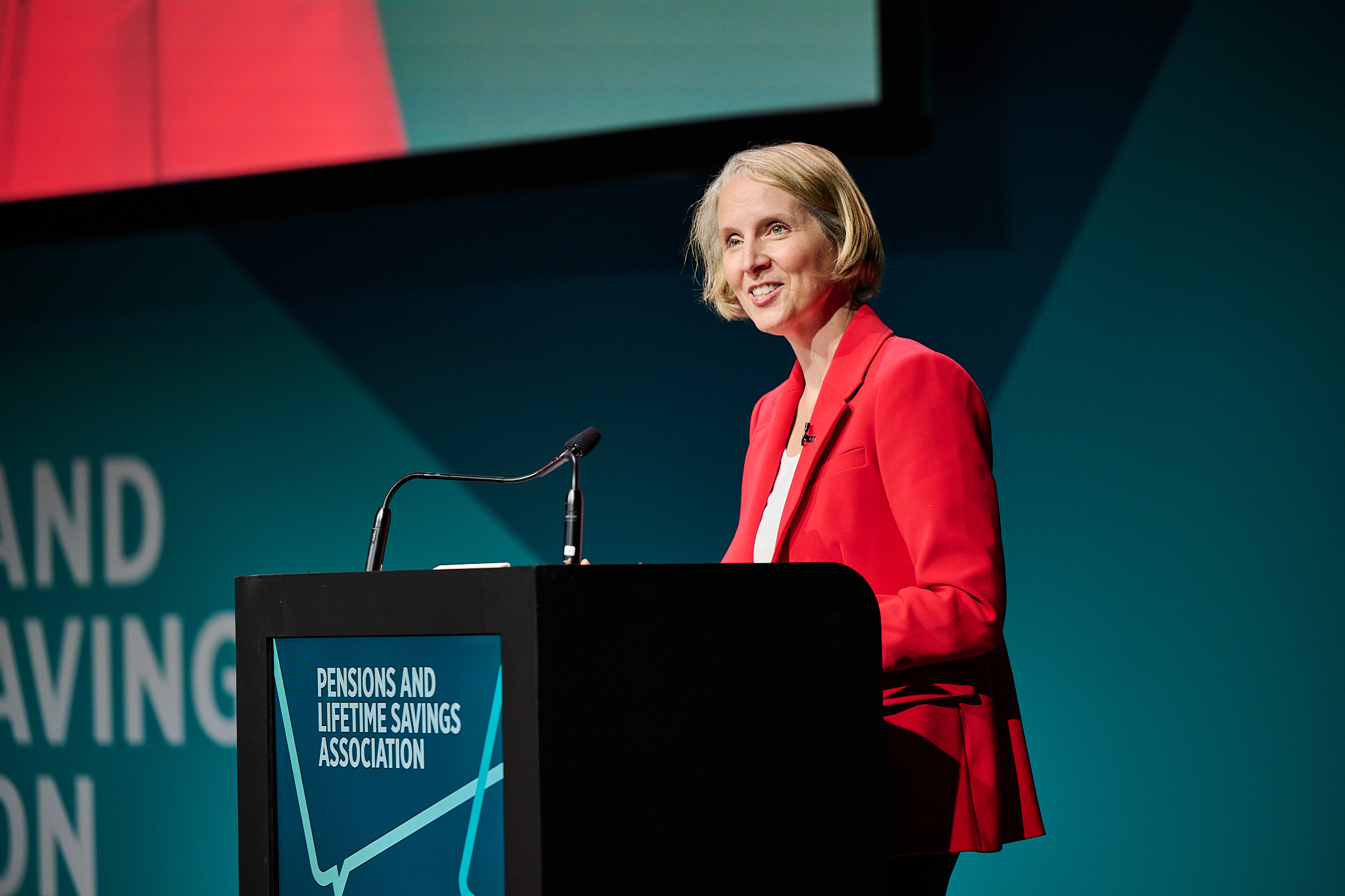The Pensions and Lifetime Savings Association (PLSA) has said the value for money framework needs more work, warning that its breadth and complexity risks undermining saver outcomes.
The Financial Conduct Authority's framework comprises of metrics and standards designed to assess value for money across DC schemes, ensuring that savers receive strong returns on their investments and a high-quality level of service.
In response to a consultation on the framework’s, the PLSA raised concerns about its overall functionality and the risks that competing objectives could undermine the policy’s intended outcomes. It also questioned how key elements might inadvertently shift the focus away from long-term value and towards cost.
In particular, the association said that while proposed Red-Amber-Green rating system promises simplicity, the large number of data points for comparison and the need for additional context could result in schemes with very varied performance being graded as green.
As a result, the PLSA said close supervision to ensure proper compliance with the framework is needed, otherwise the framework is unlikely to drive meaningful consolidation in the market.
The PLSA also raised concerns that the return data disclosures proposed will deter investment in higher risk-returning asses, which are seen as key to shifting emphasis from cost to value.
Private equity and other ‘productive’ assets typically have holding periods of seven to ten years, but the FCA has proposed primary returns data for comparison over one, three and five years.
According to the PLSA, assessing value based on this data – without considering any forward-looking projections - could discourage investment in private markets, as it may portray schemes as poor value over shorter timeframes.
It also urged the FCA to consider non-workplace consolidators in the scope, as savers are often tempted to transfer their funds out of the workplace environment and into these consolidators.
These non-workplace options usually charge significantly higher fees than a modern workplace default, but do not offer any noticeably improved investment services.
Latest News
-
OBR analysis reveals potential impact of salary sacrifice changes
-
Strong funding levels continue as endgame landscape reshaped by innovation
-
Harwich Haven Authority Pension Fund finalises £45m buy-in with Royal London
-
GAD publishes LGPS gender pension gap reporting guidance
-
DB scheme funding levels continue to improve heading into 2026
-
News in brief - 6 February 2026
Private markets – a growing presence within UK DC
Laura Blows discusses the role of private market investment within DC schemes with Aviva Director of Investments, Maiyuresh Rajah
The DB pension landscape
Pensions Age speaks to BlackRock managing director and head of its DB relationship management team, Andrew Reid, about the DB pensions landscape
Podcast: From pension pot to flexible income for life

Podcast: Who matters most in pensions?

In the latest Pensions Age podcast, Francesca Fabrizi speaks to Capita Pension Solutions global practice leader & chief revenue officer, Stuart Heatley, about who matters most in pensions and how to best meet their needs
© 2019 Perspective Publishing Privacy & Cookies











Recent Stories